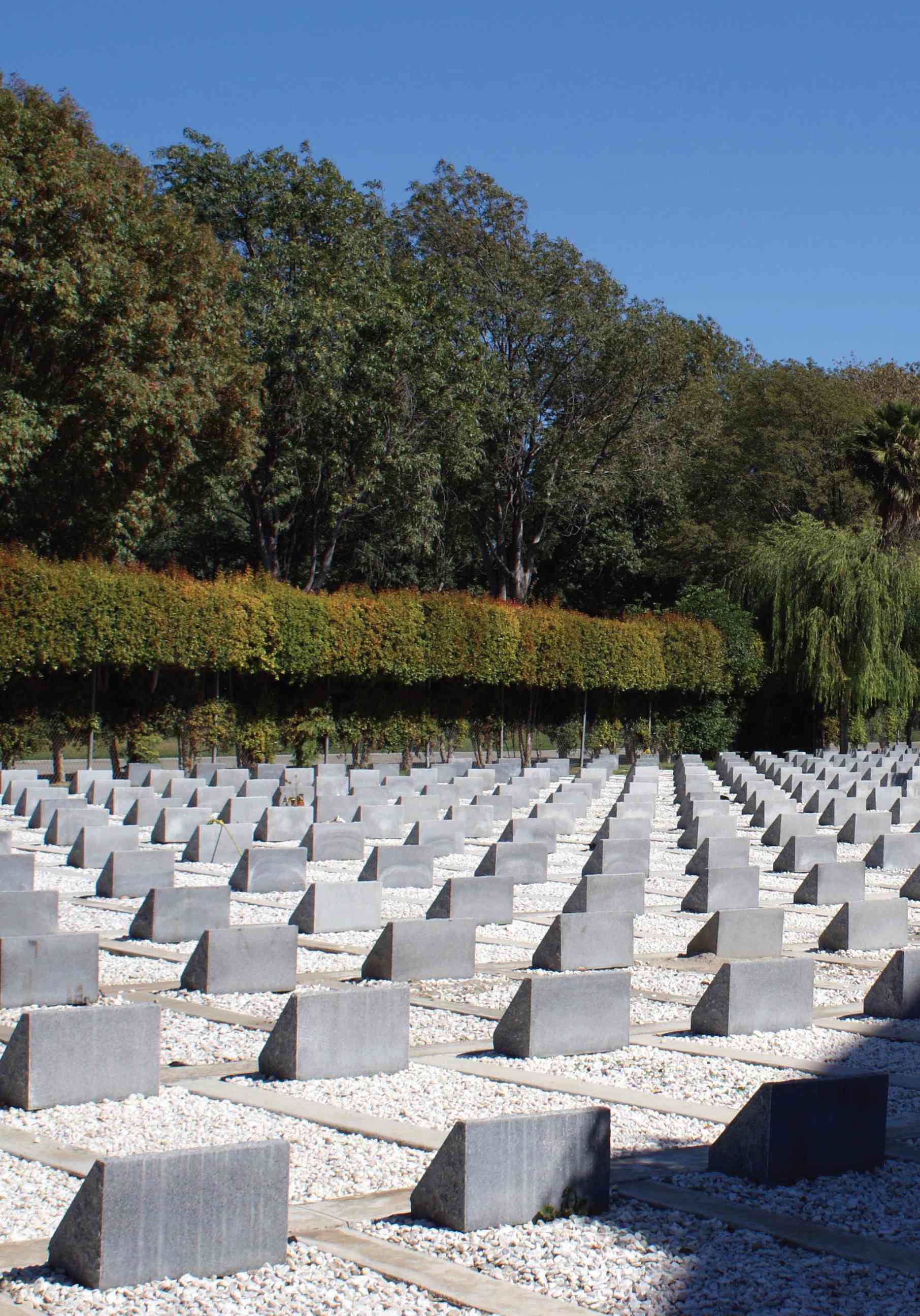Bereavement (Ta'ziah)

Bereavement in Islam
Ta’ziah is the Arabic word for giving your condolences.
The time for Ta’ziah extends for three days after the death. It is Makruh to make Ta’ziah after this period except in cases where one is not present at the Janazah or when the bereaved is absent.
It is from the teachings of Rasulullah (saw) that one should console and comfort a Muslim who is in distress. Rasulullah (saw) has said: “He who consoles the one in distress shall be rewarded as much as the bereaved.”
One should take note of the following few points:
• One should be humble.
• Express grief.
• Speak less about worldly affairs.
• Should not joke or laugh.
• Mention the good acts and deeds of the deceased and abstain from the ill ones.
• Rasulullah (saw) has said, “Mention the good actions of your deceased and abstain from the offensive ones.”
• Ta’ziah before the burial is permissible.
There are no specific foods or rituals for the Ta’ziah in Islam. Many customs or actions one witnesses for example, offering sweets or lunches, is more to do with custom and generosity of Muslims; which in its own right is a praiseworthy activity, not an obligation.
There is a difference of opinion between scholars relating to reading Quran over the deceased. So as not to create controversy and a point of quarrelling amongst people, it is best you seek guidance from your local Imam.
Period of Iddah for Women
The period of waiting after one’s husband dies is called Iddah. This period is of four months and ten days. A woman in Iddah should abstain from using fancy clothing, make-up or jewellery.
During this period she should remain in the dwelling that they occupied at the time of the death of her husband. She is not allowed to leave the house if she has sufficient provision. Nonetheless If she is the sole bread winner with no other means of income, then she is permitted to leave her house during the day. At night she should return home.
For a widow that is expecting a child at the time of the death of her husband, her Iddah will be until the birth of that child. The four month and ten days should not be adhered to in this instance.
If a woman is not at home at the time of her husband’s death, she should return as soon as possible and pass the period of Iddah at home. The days of Iddah will be calculated from the time of the death.
Visiting the Graveyard



Rasulullah (saw) has mentioned, “Visit the graves, for surely visiting the graves lessens worldly love and reminds you of the hereafter.”
The graveyard can be visited on any day.
What to recite when entering the cemetery?
Rasulullah (saw) taught the Sahabah these words as salutation to the people of the graves and prayed for their forgiveness:

AS-SALĀMU `ALAYKUM AHLAD-DIYĀRI MINAL MU’MININA WAL MUSLIMINA WA INNĀ IN SHĀ-’ALLĀHU BIKUM LĀHIQŪN NAS’ALUL-LĀHA LANĀ WA LAKUMUL `ĀFIYAH
Peace be upon you, O you of the Believers and Muslims dwelling in these abodes.
Behold, if Allah wills, we shall meet you.
We beseech Oh Allah safety for us and for you.
What to do when visiting the grave?
There are many supplications that may be read at the graveside. Make Du`a for the Maghfirah (forgiveness) of the departed.
Use the opportunity to reflect upon your own relationship with your Lord and the good characteristics you want people to remember you for.
